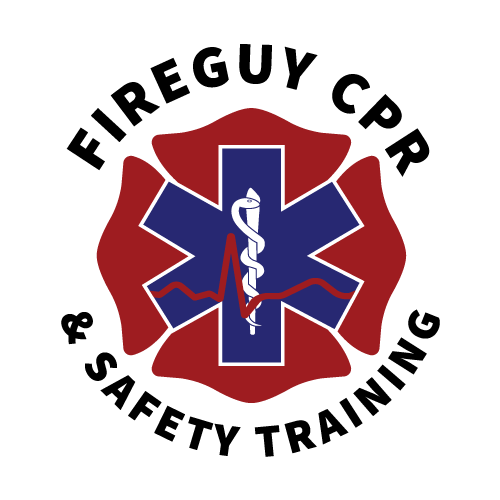Welcoming a new child into the world is a joyous occasion, but it also brings with it a profound sense of responsibility. Ensuring the safety and well-being of your child becomes a top priority, and one crucial aspect of this responsibility is being prepared for emergencies. Pediatric Advanced Life Support (PALS) training isn’t just for healthcare professionals; it’s a valuable skill that every new parent should consider. Here’s why:
1. Rapid Response to Pediatric Emergencies: Accidents and medical emergencies can happen at any time, and they can be especially distressing when they involve a child. PALS training equips parents with the knowledge and skills needed to respond rapidly and effectively to pediatric emergencies like choking, cardiac arrest, or severe allergic reactions.
2. Confidence in Critical Situations: PALS training instills confidence. When faced with a medical emergency involving your child, having the skills and confidence to act promptly can make all the difference. It can help you remain calm and composed, providing the best possible care while waiting for professional help to arrive.
3. The Importance of Early Intervention: Pediatric emergencies often require immediate action. Knowing how to assess a situation, perform CPR, use an automated external defibrillator (AED), and manage pediatric airways can mean the difference between life and death for your child. PALS training emphasizes the importance of early intervention.
4. Customized for Children: Unlike standard First Aid or CPR training, PALS is tailored specifically for children. It addresses the unique anatomical and physiological differences between adults and children, ensuring that you provide appropriate care for your child’s age and size.
5. Peace of Mind for Parents: Parenthood can be filled with uncertainties, and knowing that you have the skills to handle medical emergencies involving your child can offer peace of mind. This knowledge can alleviate some of the anxiety that comes with parenting and allow you to focus on enjoying the experience.
6. Be Prepared for Common Childhood Health Issues: PALS training also covers common childhood health issues, such as respiratory distress and shock. Understanding how to recognize and respond to these issues can help parents manage their child’s health more effectively.
7. It’s a Lifelong Skill: PALS training isn’t just for new parents; it’s a skill that can benefit you throughout your child’s life. As your child grows and faces new health challenges, your PALS training remains relevant and valuable.
In conclusion, Pediatric Advanced Life Support (PALS) training is an investment in your child’s safety and well-being. It empowers parents with the knowledge and skills needed to respond confidently and effectively in pediatric emergencies. Whether you’re expecting a child or already have children, PALS training is a valuable tool that can make a significant difference when it matters most – in the moments of crisis when your child needs you most.

Recent Comments